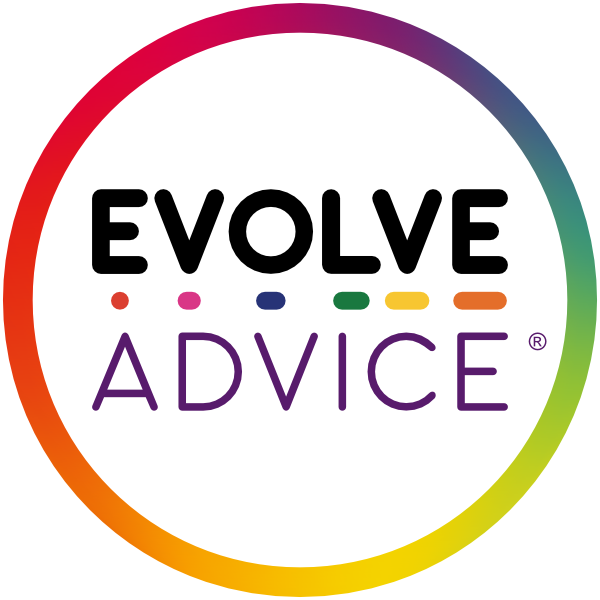Should tracking devices be allowed on educational visits?
Jake Wiid, Senior Educational Visits Adviser and MD of EVOLVE Advice
Is it appropriate to use tracking devices to monitor the whereabouts of children and young people?
It’s a broad ethical question for parents, caregivers and wider society, but it’s also an increasingly common question related to educational visits. In this advice article, Senior Educational Visits Adviser, Jake Wiid, from EVOLVE Advice, discusses the ethical and practical questions schools need to consider when developing policies on this matter.
Trackers and educational visits
Schools are under increasing pressure to allow or provide tracking devices when on educational visits.
Tracking devices present some risks to individual and group safety, their use should be carefully evaluated by schools.
Schools should develop a clear policy on the use (or non-use) of tracking devices and communicate this clearly to staff, students and families.
There are concerns about invasion of privacy, misuse, and erosion of trust between parents and teachers.
Schools should carefully consider the ethical implications and balance safety with personal freedom before implementing tracking devices.
The question of allowing or providing tracking devices on educational visits raises valid concerns about invasion of privacy, misuse, and the erosion of trust between parents and teachers. In certain circumstances, tracking devices present risks to individuals and group safety. In others, particularly educational visits in remote places or with minimal supervision, they may be seen as an important risk management mechanism.
In an article published in The Telegraph Magazine*, the author shares their own personal dilemma around providing tracking devices to their children: How will I know where they are? Should I be keeping tabs on them at all times? Will they feel under scrutiny, or does it make them feel safer? Putting aside debates about helicopter parenting, and sepia-coloured nostalgia for ‘the old days’, this is a serious issue, and one which is commonly raised by our clients.
There is no one-size-fits-all answer to the tracker question, but our advice to all settings is to assess the ethical implications and to find the right balance between safety and personal freedom for your specific situation. When it comes to developing policies, this is an area that shouldn’t be left to individual Visit Leaders. Schools need a carefully considered policy that is clearly understood by everyone involved in their educational visits.
Schools tell us that they are under increasing pressure to allow, or provide, tracking devices when on educational visits. Let’s pause for a moment and look at those two situations.
1) Personal trackers: if a parent or carer asks (or insists) that a tracking device is taken on an educational visit, what should you do?
It may be an Apple air tag, a Tile, or another tracking device that can be added to, or removed from, a bag; but it may also be that parents/carers are tracking children using a mobile phone. This means that you’ll need to consider this question alongside your mobile phone policy on educational visits to ensure it is consistent.
The school/setting should have a clear policy on the use of trackers to ensure everyone knows what is acceptable.
2) School trackers: is there pressure from families, teachers, or governors to provide trackers when students are offsite? In this situation, having a carefully thought-through policy is vital. In developing the policy, you will need to consider a variety of questions, such as:
Does having school-provided trackers mean that personal trackers are not permitted?
Who is responsible for the school trackers during the visit?
Do you provide one per group? Or one per individual child/young person?
How will the data be managed and secured?
What information will be shared with parents and carers, and when?
How will you ensure the trackers are always ready for use?
This is not an exhaustive list of questions but gives you an idea of the many aspects that need to be considered before deciding on this route. It might be wise to do some scenario-based testing to see if your plans and policies are applicable in the real world.
Another option, of course, is to prohibit the use of trackers altogether. Whatever you decide, you will need to ensure that your policy on trackers is recorded appropriately and communicated to staff, students and their families.
If you haven’t faced this situation yet, it’s likely that you will soon, so now’s the time to address it as part of your educational visits planning.
In August 2023, following feedback from our advisers on the growing demand for advice in this area, OEAP revised its guidance to include reference to trackers. You can find it in:
4.2a Group Management and Supervision
4.3d Parental Consent and Informing Parents
4.4h Using External Providers
7.1k Unaccompanied Expeditions
8.1i Model Code of Conduct
Search ‘trackers’ on the OEAP National Guidance website.
This publication is a general summary of guidance. It should not replace advice tailored to your specific circumstances. ©️EVOLVE Advice 2023
If you’d like further support on this issue, or advice on other aspects related to educational visits, speak to your Educational Visits Adviser.
To find out more about how EVOLVE Advice can support you with your educational visits, contact support@evolveadvice.co.uk.
(* Requires subscription to read full Telegraph article.)




